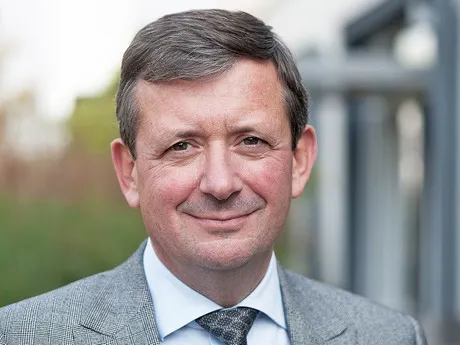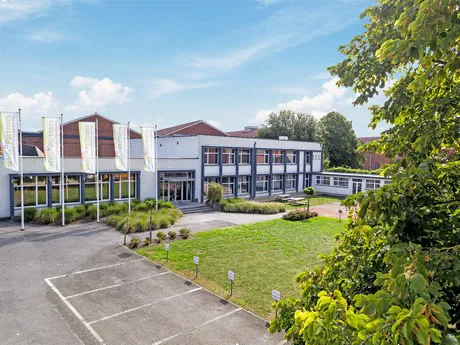The Master of Ceremonies prepares everything; he's the contact, directs in the background, intervenes when necessary and makes sure everything goes well. The role of Wiels & Partners could be described in this way. The consultancy assists companies in the field of environment, safety and environmental planning. The stricter regulations regarding sound, mobility and waste water require quite a bit of attention in particular.

When drawing up a business plan, it’s important to bear in mind the vision and desires of the government and direct surroundings. Wiels & Partners offers support and guidance in this, so that companies can completely focus on operational management while the consultancy completely focuses on everything regarding environmental planning, environment and safety. “Consider us a sounding board or catalyst between the different actors to fulfil the plans,” says Danny Wiels of Wiels & Partners. “We’re aware of legislation and regulations, but we also think strategically with the client and take appropriate action to realise the company’s goals within the legal framework.”
Danny explains that the regulations in the domains involved, environment and energy, safety and prevention and environmental planning and urban development, are all separate from each other. He does indicate the requirements in the field of environment and environmental planning are becoming more and more integrated in particular. “Besides, we’re dealing with a quickly evolving legal framework. That which might have been tolerated at the start of the year, could just as easily be changed now. Regulations in the field of environment have become considerably stricter. All of this requires knowledge, experience and an extensive network of all kinds of authorities, and we can be of consequence in this.” The rapidly growing food industry, which includes both fresh and processed produce, is an important target audience for the consultancy. “In practice it means that companies with plans to grow come to us asking for help to meet requirements as profitably as possible. In some cases, a certain matter is at play, such as a scheduled inspection or complaints from people living in the neighbourhood, but in many cases we offer constant guidance in the field of environmental policy.”

Start asking for advice in time
The standpoints regarding sound, mobility and waste water are under pressure, according to Danny. These fields are also the top three regarding complaints from neighbours. The stricter regulations have been imposed from higher authorities, and not much room for compromises can therefore be found. “In Belgium, for instance, non-permitted drainage is something to keep in mind. Fresh produce companies often have places where water can be drained using non-permitted drainage points. This includes water draining out of a container or water dripping of a polluted roof. It’s really something to keep in mind. An environmental felony is fined heavily and can have major consequences for companies. The standpoints regarding mobility are also becoming increasingly stricter. Companies can have rules imposed about how late loading and unloading can still be done at night, where the lorries enter and exit the site, where the weighing bridge should be placed, and more. We’ll then mediate between the company and the government, the neighbours and other authorities involved to reach an acceptable compromise. In the end, you want companies to fulfil their plans while keeping in mind the vision and desires of the government and direct surroundings.”
Looking at the branch of potato processors, companies mostly come up against issues previously mentioned in the field of the environment. As an example, Danny mentions deciding the right location of the water treatment. “A water treatment installation is a necessary evil. The fact is that this involves sounds and smells. That’s why the installation is preferably placed as far away from everything else as possible. However, that’s easier said than done. All sorts of requirements are involved in this. That’s why I’d like to tell companies to ask for advice in time when planning for the future, and to involve all parties concerned. Don’t wait until all plans have been finalised, because that would be a waste of time and money, if these then have to be adjusted at a later time.”
More information:
Wiels & Partners
Danny Wiels
danny.wiels@wiels-partners.be
www.wiels-partners.be
